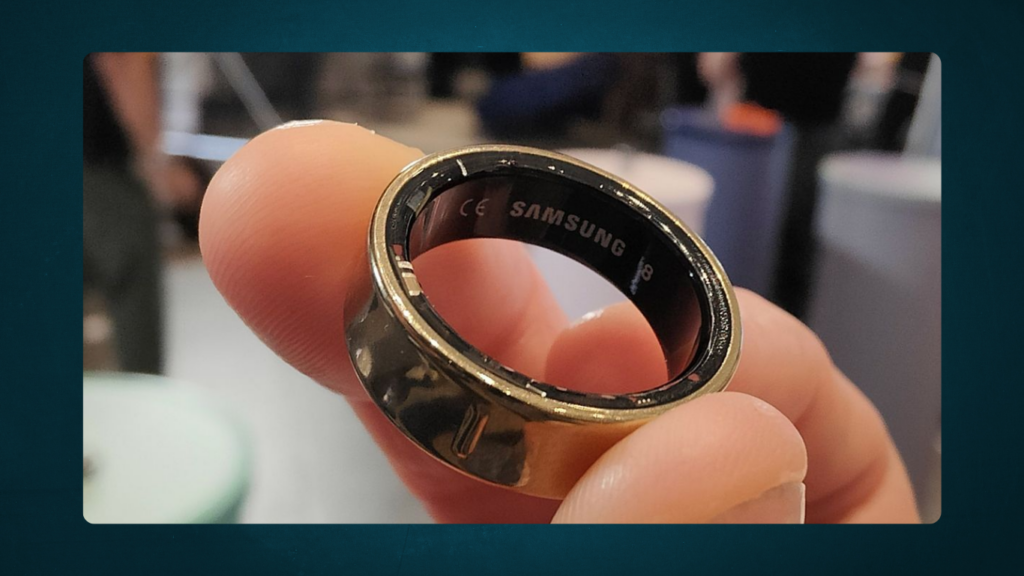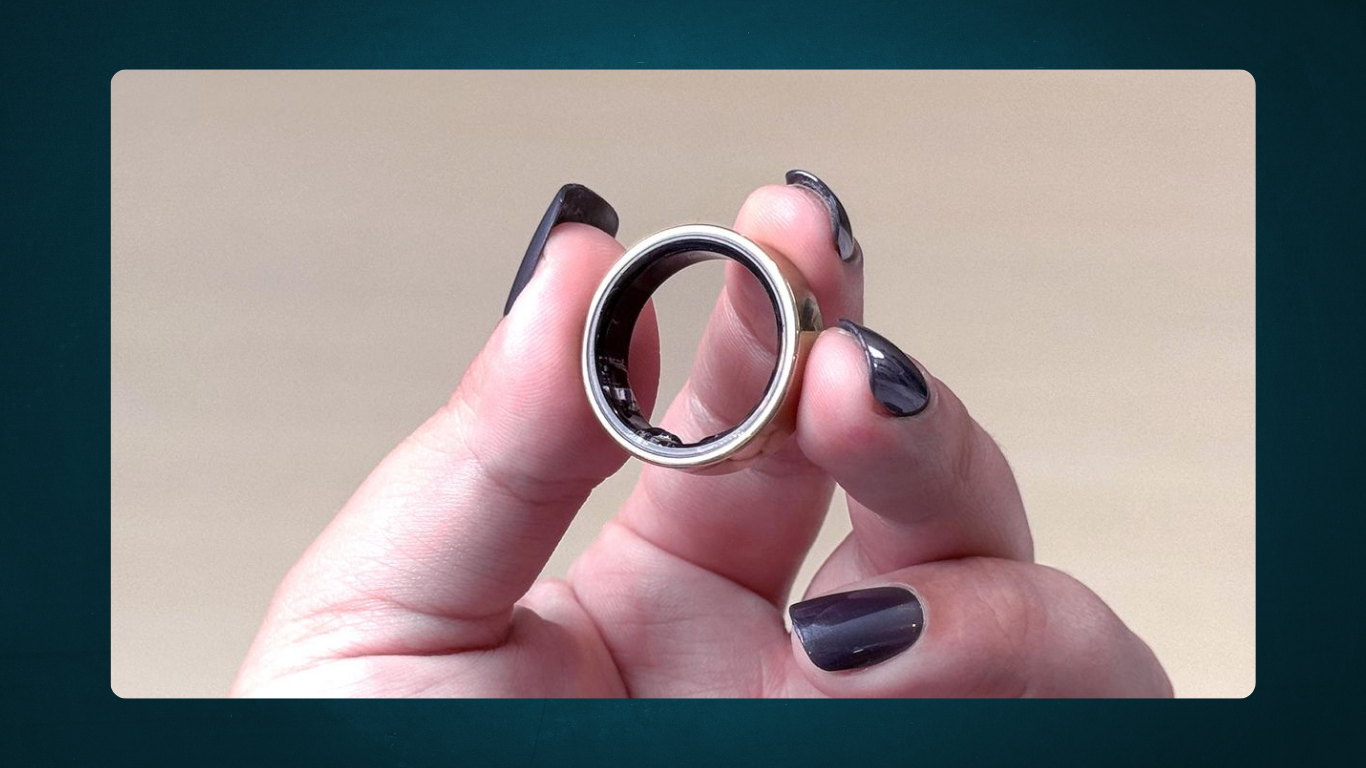Wearable technology is set to evolve as Samsung launches its highly anticipated Galaxy Ring in Australia. Priced at $699, the smart ring makes its debut three months after its initial release in the U.S., marking a new chapter in Samsung’s growing line of health-focused wearables.
Described as the company’s “most personal product,” the Galaxy Ring offers a compact, discreet way to track a variety of health metrics. With sensors that monitor everything from exercise activities like walking, running, and cycling to sleep patterns, snoring, oxygen intake, and heart rate, the ring is positioned as a convenient alternative to traditional wrist-worn devices.
Unlike its smartwatches, Samsung is not positioning the Galaxy Ring as a direct competitor, according to Kylie Mason, head of wearables at Samsung Australia. “Most people wear watches all the time, but this ring is an extension of our wearables category,” Mason explained. “It’s probably the most personal product we’ve ever released.”
The Galaxy Ring is particularly well-suited for those who might prefer a more comfortable, minimalist option for health tracking. Samsung believes that users may opt to wear the ring for activities like sleep monitoring, where comfort is key. To build consumer confidence, the company is offering a 30-day “change of mind” policy, allowing users to try the ring and return it if it doesn’t seamlessly fit into their lifestyle.
Samsung is entering a competitive space, as the global smart ring market continues to grow. Rival products like the Oura 4 ($US349), RingConn Gen 2 ($US299), and Ultrahuman Ring Air ($US349) are already gaining traction. Some competitors, like Oura, even offer subscription services for access to in-depth health data, further expanding the functionality of these devices.
Alvin Lee, a senior analyst at Telsyte, sees significant potential for smart rings in Australia, particularly among health-conscious consumers. “Smart rings offer a more comfortable option for night-time health monitoring compared to wrist-worn devices,” he said. Research by Telsyte indicates that one in four Australians are already aware of smart rings, with 29% of those expressing interest in purchasing one.

While smart rings are most popular in the U.S., the trend is gaining momentum globally. According to Cognitive Market Research, the global smart ring market, currently valued at $374 million, is expected to grow by more than 30% by 2031. This surge is driven by increasing consumer interest in health tech products that offer both functionality and comfort.
As Samsung’s Galaxy Ring enters the Australian market, it will cater to this growing demand for discreet health-tracking technology. Whether users are drawn to its sleek design, the advanced health-monitoring features, or the potential comfort it offers during sleep, Samsung is betting that the Galaxy Ring will carve out its own space in the wearables landscape.
With competition heating up and consumer interest growing, the Galaxy Ring’s success will depend on how well it can meet the needs of users looking for a balance of comfort, style, and cutting-edge health tracking.

Subtly charming pop culture geek. Amateur analyst. Freelance tv buff. Coffee lover
